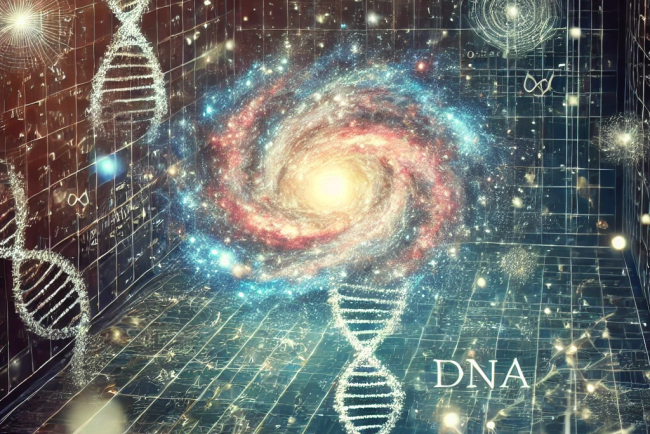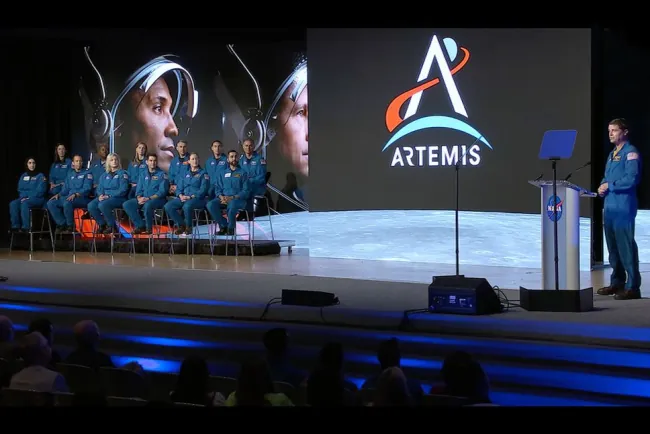Physicists Detect a Cosmic Glitch in Gravity: A Challenge to Einstein's Theory
Physicists identify a cosmic glitch in gravity, suggesting a possible flaw in Einstein's general relativity.
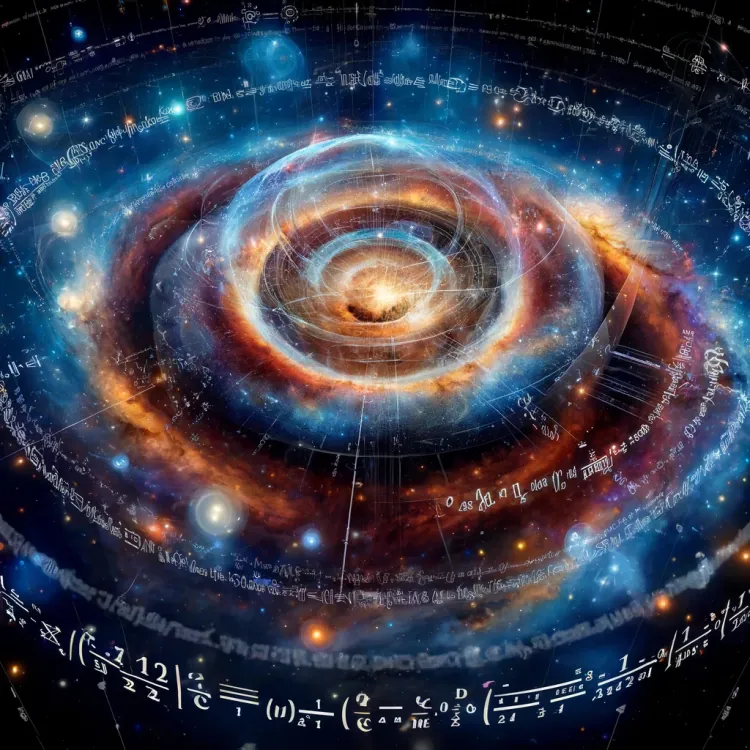
Physicists Detect a "Cosmic Glitch" in Gravity: A Challenge to Einstein's Theory
- Introduction
- Einstein's Theory and Its Inconsistencies
- The "Cosmic Glitch": Gravity Weakening
- Proposed Model to Resolve the "Cosmic Glitch"
- Implications for Understanding the Universe
- Conclusion
Introduction
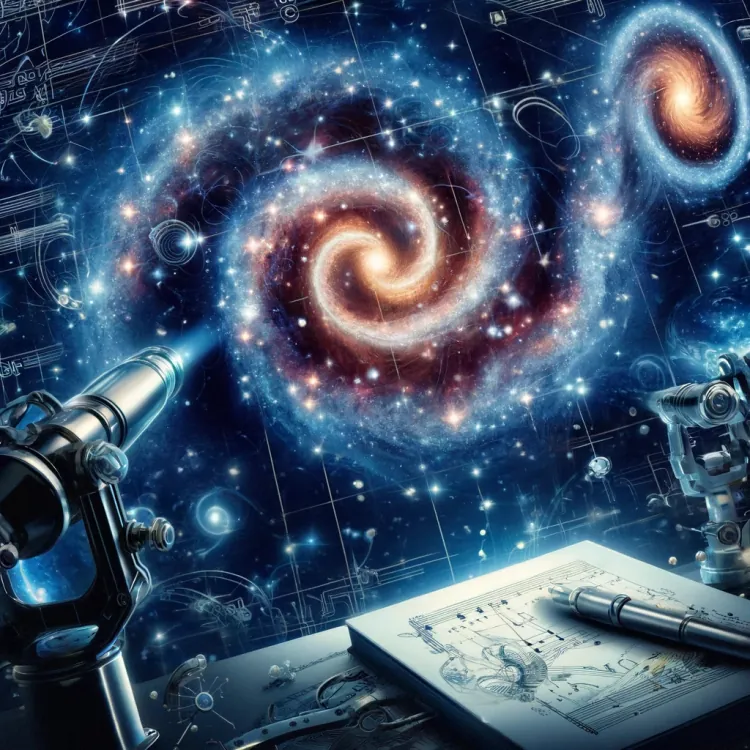
Physicists from Canada believe they've found a peculiar "cosmic glitch" in gravity, which may explain the universe's accelerated expansion and other anomalous behaviors on a grand scale. Their findings, as detailed in the Journal of Cosmology and Astroparticle Physics, suggest that Albert Einstein's famed theory of "general relativity" might need an upgrade to account for observations at vast cosmic distances.
Einstein's Theory and Its Inconsistencies
Albert Einstein's theory of general relativity, a groundbreaking framework developed over a century ago, has been instrumental in shaping our understanding of the universe, from the Big Bang to black holes. Despite its success, recent astronomical data hint at discrepancies when applying it to the vast scales of galaxy clusters and beyond. According to lead author Robin Wen, inconsistencies arise when explaining the accelerating expansion of the universe and gravitational effects over billions of light-years.
The "Cosmic Glitch": Gravity Weakening
Wen and his team identified a curious phenomenon where gravity appears to weaken by about one percent over cosmic distances. "We are calling this inconsistency a 'cosmic glitch'": gravity becomes around one percent weaker when dealing with distances in the billions of light years," he said. The observation, if verified, implies that Einstein's model might not fully apply at these expansive scales.
Proposed Model to Resolve the "Cosmic Glitch"
In response to this cosmic anomaly, the team has proposed a modification to Einstein's theory. They describe it as a "footnote" or adjustment that applies only at cosmic scales. Co-author and astrophysics professor Niayesh Afshordi emphasized that this solution is merely the beginning. Their patch aims to resolve the inconsistency, offering a theoretical adjustment that may fill in gaps in our current understanding.
Implications for Understanding the Universe
The team's research holds significant implications for modern astrophysics. If the "cosmic glitch" proves accurate, it might mean that the universe behaves differently over extreme distances than previously thought. It could prompt a reevaluation of fundamental principles governing cosmic expansion and perhaps even lead to new theoretical frameworks in gravitational physics. According to Afshordi, their findings provide a potential first clue toward solving a larger cosmic puzzle.
Conclusion
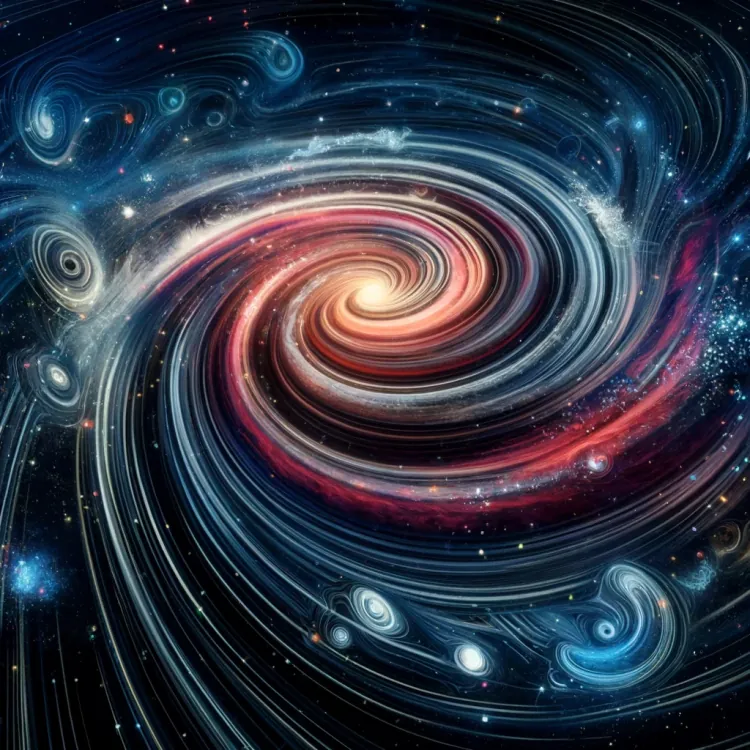
The detection of a "cosmic glitch" in gravity challenges our long-held beliefs based on Einstein's theory of general relativity. If Wen, Afshordi, and their team's proposed model withstands further scrutiny, it could reshape the very foundation of astrophysics and cosmology. The journey toward unraveling the universe's deepest secrets is just beginning, and this discovery marks an important step in expanding our cosmic understanding.
What's Your Reaction?







